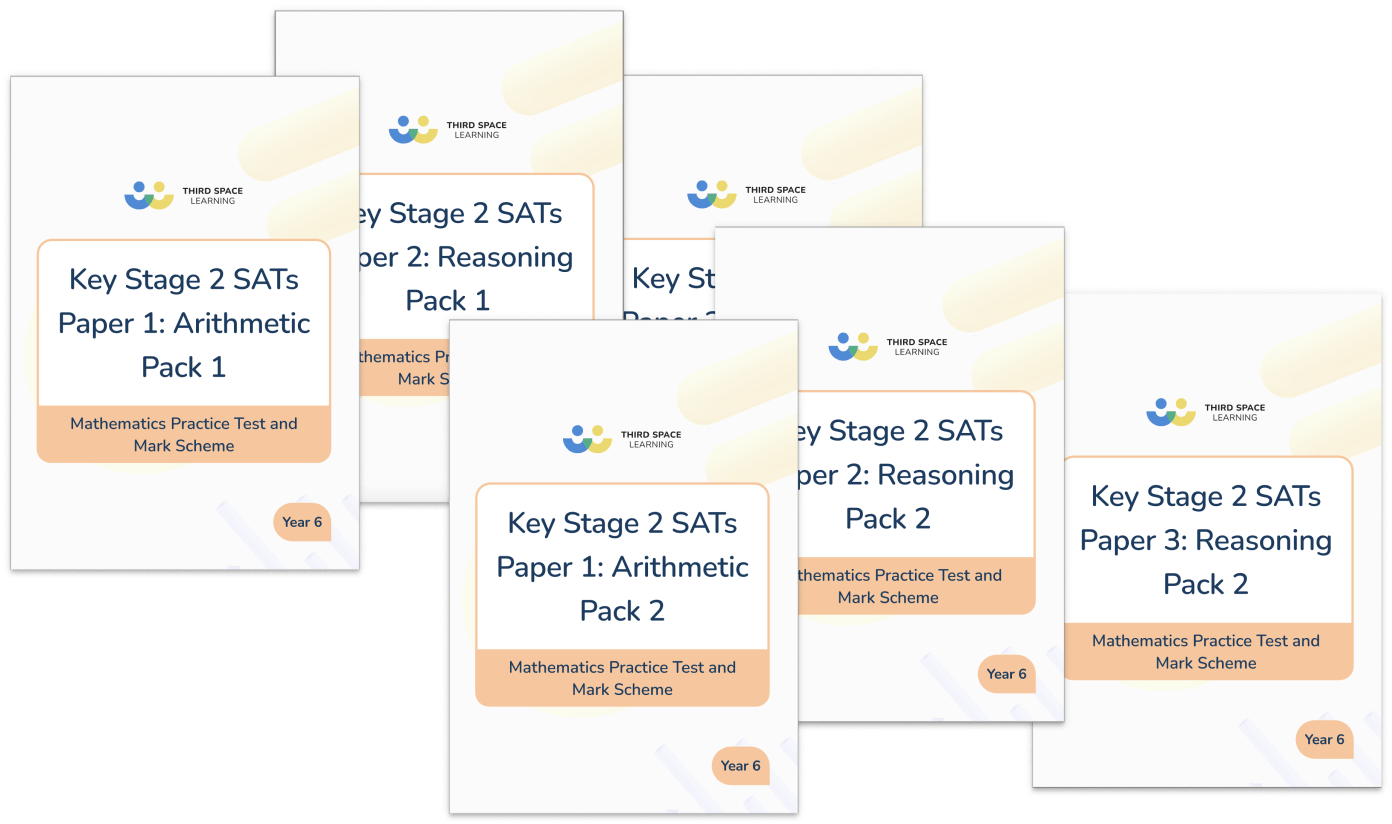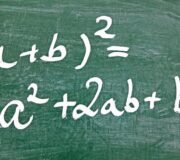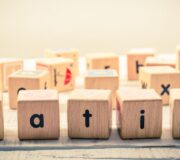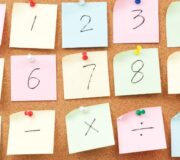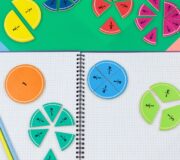What Are SATs? A Comprehensive Guide With Answers To All Your Questions About The SATs (UK)
It’s time for our annual guide to SATs! That means that parents and teachers around the country are on a countdown to the SATs 2024. So here’s what you need to know and how to help your child prepare for the KS1 and KS2 SATs 2024.
For clarification, KS2 SATs in 2024 will be sat by Year 6 pupils and KS1 SATS in 2024 may be sat by Year 2 pupils. This is why they’re sometimes referred to as Year 6 SATs and Year 2 SATs.
SATs 2024: Stay up to date
Join our email list to stay up to date with the latest news and free resources for SATs 2024. As usual our expert teachers will be on hand to provide on to one tuition support, revision resources and analysis of the SATs papers in 2024 and the SATs results 2024 when they’re available.
Let’s start with the basics.
What are SATs in the UK?
SATs are standardised assessment tests administered by primary schools in England to children in Year 2 and Year 6 to check their educational progress. They are one marker used by the government, and hence parents, of the quality of the education at a school. The setting and marking of SATs are carried out in UK schools by the Standards & Testing Agency.
KS1 SATs in Year 2
In May, children may sit their KS1 SATs 2024 in:
- Reading
- Maths
They will also be assessed by their teacher on science, writing, and speaking and listening. This however is known as the teacher assessment, and it is not an official score for the SATs or national assessments.
KS2 SATs in Year 6
In Year 6 SATs are a more formal process of testing, and children will sit KS2 SATs 2024 in:
- English Reading
- English Grammar
- Punctuation
- Spelling
- Maths
They will also be assessed by their teachers on subjects including speaking and listening, writing and, in some cases, science.
By using teacher assessment, schools and the government are able to judge a child’s performance in a subject over a longer period of time. This means that teachers are able to account for a child’s whole knowledge and ability in a subject, not just that which comes to the fore in a test environment.
FREE KS2 Maths SATs Practice Papers
Get ready for SATs with this set of 6 maths SATs practice papers. Papers designed to help your Year 6 improve test skills and confidence.
Download Free Now!What does SATs stand for?
SATs stands for Standard Assessment Tests.
SATs may be a common acronym that is used on many websites and in most school communications regarding the tests, but there are also a number of others phrases that a child’s teacher may use when discussing the SATs.
Here are some of the most common examples dissected so that you’ll know your scaled score from your national standard come SATs time.
SATs jargon broken down
SPaG: This refers to the spelling, punctuation and grammar tests that form part of the English SATs.
National curriculum tests: This is the official name for the SATs, but the vast majority of people refer to them simply by SATs.
National standard: This is the level that children are expected to reach in their SATs, which is set at 100 for both KS1 and KS2.
Floor standard: If under 65% of a school’s pupils meet the expected standard in reading, writing and maths, and fail to make sufficient progress in all three subjects, the school will be considered below the floor standard.
Expected level/standard: A score of 100 means that your child is working at the expected standard.
Raw score: This is the number of actual marks achieved on the test.
Scaled Score: This is a score that is converted to allow SATs results to be compared year on year. This helps to take into account particularly difficult test years and other factors.
Age-standardised test scores: This is a way for parents to understand how their child did compared with other children who were born in the same month as their own.
League tables: League tables are produced by the Department for Education and they allow primary schools to be ranked by many different measures, including by the SATs results 2024.
The DfE: This stands for the Department of Education, and this is the part of government that is tasked with all things education.
What are SATs for?
SATs are predominantly used as a way for both parents and teachers to learn more about a child’s academic strengths and weaknesses. They give teachers the chance to see how children are doing in comparison to their peers not only within the same school, but also nationally.
SATs are a useful tool to see how well a child has progressed from KS1 to KS2, and they also give secondary schools a base to compare against when the time comes for your child to leave Year 6 and make the journey up to KS3!
Headteachers, Local Authorities and the Department for Education also uses SATs data to identify which primary schools are excelling, and which may be struggling.
Thanks to this information being available, schools that are doing well will share what they are doing well with other schools to improve teaching on a much wider scale.
Does every child have to sit SATs? Are they compulsory?
Yes. If your child is in Year 6 they will have to sit the SATs. KS2 SATs are compulsory for all Year 6 pupils (usually 11-year-olds) in England.
However, KS1 SATs for Year 2 pupils are optional. Year 2 pupils can be asked to sit SATs, but this is up to the school to decide whether or not to do these. Schools also do not have to report on the results for KS1 SATs.
Some people do choose to withdraw their children from SATs. It is recommended you speak to your headteacher if you are concerned about your child doing the SATs 2024 tests. Most schools try to make it a relatively pain-free procedure for children. After all it’s the school that is being tested.
In 2017 the Department for Education announced that the KS1 (Year 2) SATs will be made non-statutory from 2023 onwards. This means that from this year, schools will be able to choose themselves whether or not they administer the KS2 SATs to their Year 2 pupils.
Are SATs important?
Whilst there is a debate amongst some in the world of education that SATs are more important for a school than they are for an individual child, it is worth remembering that there are no direct consequences of a child ‘failing their SATs’. They won’t need to retake the exams, and you can rest assured that no prospective employer will be worried about a ‘below expected standard’ SATs result.
They can be good measure of progress & can identify areas which may need a boost
SATs will help both parents and teachers to gauge the progress that a child is making. This enables teachers to identify areas where a child may need additional help, and then arrange for this help to be provided either in the classroom or via outside assistance.
SATs are often used by secondary schools to set for maths and English
Most secondary schools look at Year 6 SATs results as part of the decision process when grouping students into sets or streams. Alongside Year 7 CAT exams, SATs results will help your child’s secondary school to put them in the right set to ensure that they get the most from their time there.
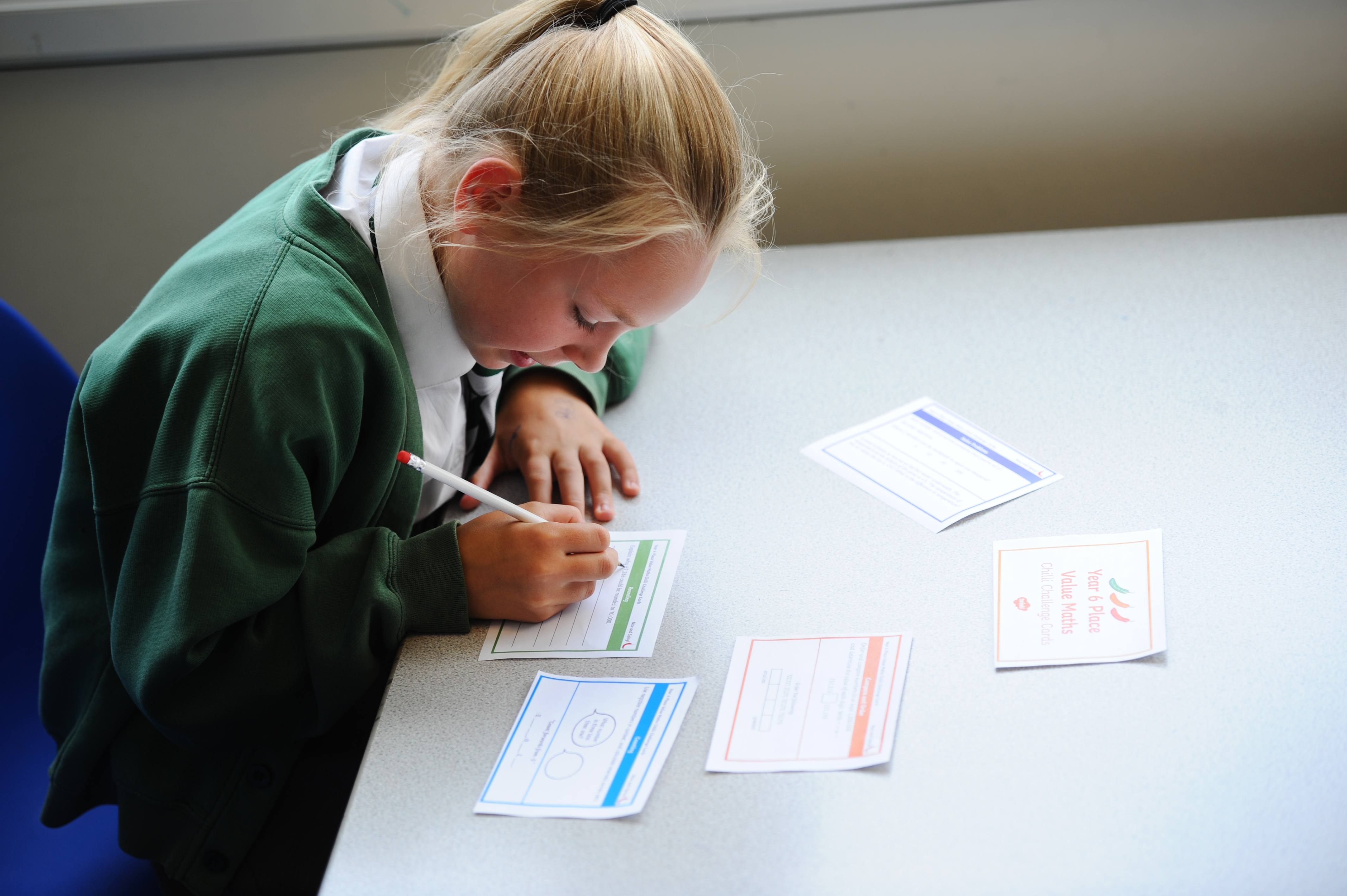
Without the SATs, it would be difficult for schools to know whether to push and challenge a child, or whether they need some help in maths, English and the other subjects.
SATs are the measurement used in the school league tables
As a parent, chances are that when deciding on which primary school you would send your child to, you looked at the local league tables. These tables rank schools according to the percentage of students who reach the expected standard in SATs (which nationally is expected to be around 65%), and the percentage that exceeded the expected standard.
These tables will show you how well a school is performing against others in the local area, but it is important to realise that SATs results and the league tables are not the only things to take into consideration when choosing a school. They don’t tell you how well the students in the school perform in other, non-tested subjects, how many extra-curricular activities your child will be able to take part in or how many staff members will be on hand for example.
Read more here on why SATs are important
What are the SATs tests like?
If the word SATs presents you with a mental image of your child sitting in a large hall with row after row of desks covered in pens and papers, then you will be pleased to hear that this is not the case.
In 2024, as in any other year, it’s likely that Year 2 and Year 6 SATs will be sat in the same classroom that your child has been learning in all year. This will vary from school to school though, so if you are interested in finding out more, talk to a teacher next time you are on the school run.
The papers themselves, whilst being designed to test children’s knowledge, will consist of questions that are similar to the ones students would have seen in class or in end of year tests in previous years.
They will test techniques, skills and the knowledge gained not only from Year 6, but throughout the entirety of primary school.
What will be in the KS1 SATs 2024 papers for year 2?
The KS1 SATs papers are now optional and each school will decide whether or not to administer these. If a school does decide to take them for KS1, the papers will likely follow this format.
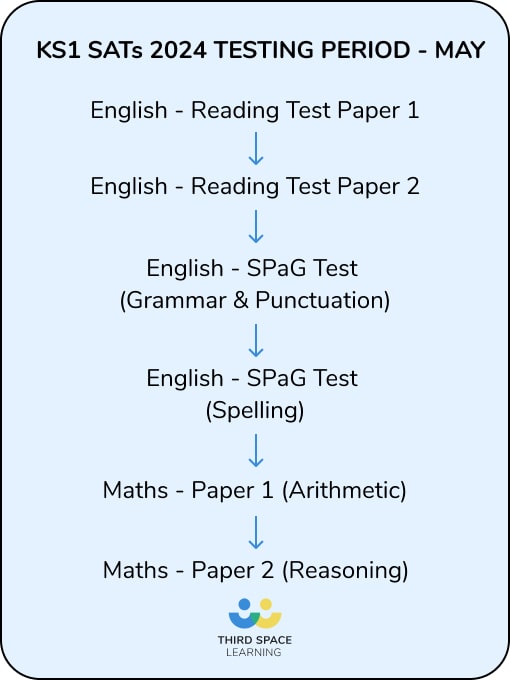
What will be in the KS2 SATs 2024 papers for Year 6?
KS2 reading SATs:
- One paper with questions that are based on passages of a text. Students get 1 hour to answer the questions on the paper.
KS2 English grammar, punctuation and spelling SATs:
- The written element of the spelling, punctuation and grammar SATs consists of a grammar and punctuation paper which lasts for 45 minutes.
- There is also a 20-word aural spelling test which lasts around 15-20 minutes.
KS2 maths SATs:
- Paper 1 is the arithmetic paper which will last for 30 minutes. It will contain fixed response questions where children have to give the correct answers to calculations.
- Papers 2 and 3 will involve a wider range of question types including multiple choice, true or false and reasoning based. Both papers will last 40 minutes each.
When are the SATs 2024?
SATs for both KS1 (Year 2) and KS2 (Year 6) take part in May each year, but there may be some variation on exactly when your child will be sitting the SATs depending on their year group and school, especially now that the KS1 SATs are optional.
When Are the KS1 SATs 2024?
There is no set date for the KS1 SATs, other than the fact that they will take place in May.
When Are The KS2 SATs 2024?
Ordinarily, the dates for the KS2 SATs run over one week per school year.
It is during this time that your Year 6 child will complete 6 different tests, English for the first part of the week and maths for the second.
Dates for KS2 are to be confirmed. The provisional dates are as followed:
- Monday 13th May 2024: Spelling, punctuation and grammar (Grammar/Punctuation Test) – 45 minutes
- Monday 13th May 2024: Spelling, punctuation and grammar (Spelling Test) – 20 minutes
- Tuesday 14th May 2024: Reading Test – 60 minutes
- Wednesday 15th May 2024: Maths Paper 1 (Arithmetic) – 30 minutes
- Wednesday 15th May 2024: Maths Paper 2 (Reasoning) – 40 minutes
- Thursday 16th May 2024: Maths Paper 3 (Reasoning) – 40 minutes
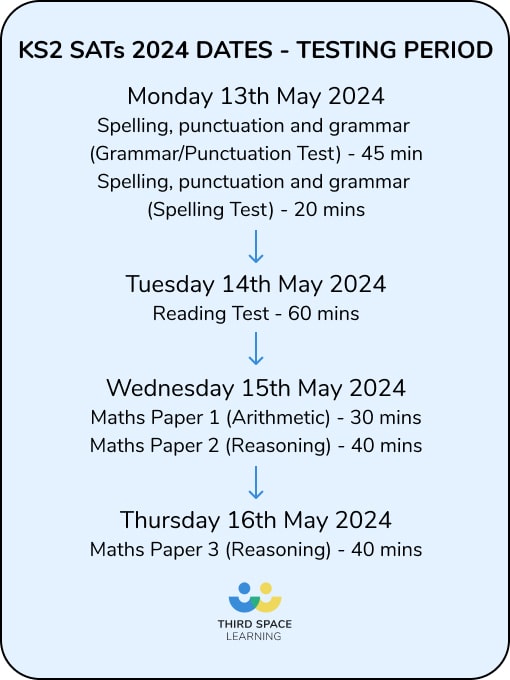
When are the SATs results released?
The time the SATs results come out each year varies depending on the Key Stage, the school and a number of other factors.
When will the KS1 SATs results 2024 come out?
For Key Stage 1 children, SATs results day varies from school to school. You will be told the results of your child’s tests in English, maths and science, and the school should show you how your child’s results compare to those of other children in the school and nationally.
As the papers at KS1 are marked internally by teachers in accordance with the mark scheme provided by the Standards and Testing Agency, it is up to schools to decide when and if they share the results.
Schools are not obliged to share the results of these tests with parents, but many include a summary of them in the end of year report.
When do the KS2 SATs results 2024 come out?
For Key Stage 2 children, SATs results will normally be released the first two weeks of July. As soon as we have the date we will update our 2024 SATs results article.
By this date papers will have been marked by the external examiners, the raw marks converted into a scaled score and made available to parents. Parents will be told whether or not their child is meeting the expected standard along with both versions of their score. As well as this, your child’s school will share how their results compare to the national average.
The exact date changes year-to-year, but the 2023 SATs results were released on 11th July, the 2022 SATs results were released on 5th July 2022, 2019 SATs results were released on 9th July 2019, and the 2018 SATs results were released on 10th July 2018, as a reference.
Understanding the SATs results and SATs scores your child gets
One of the hardest things to get to grips with as a parent is figuring out an answer to the question “What do Year 6 SATs results mean?”
You may have heard a number of phrases discussed above like ‘scaled score’ and ‘expected standard’, but understanding what this all means for your child can prove tricky.
Since 2016, (after a change in the national curriculum), children have been given scaled SATs scores. Fortunately, this isn’t as complicated as it sounds.
The scaled scoring method is used all around the world, and it simply means that your child’s raw score (the actual number of marks they achieved) will be converted into a scaled score.
This can then be used to show how children compare to their peers within their own school, across the country, and across the years over which this scoring system has been in place. This creates the fairest possible way to measure a school’s SATs improvements from 2016-2024.
We explain the basics of it here, but you can find detailed information in our SATs results explained blog post.
Top marks for KS2 SATs 2024
For their KS2 SATs in 2023, students were able to reach a top scaled score of 120, and the lowest scaled score they could possibly get is 80. A scaled score of 100 or more means that they have met the expected standard, and a score of 99 or below means that they have not met the expected standard. It’s likely this same format will follow for 2024.
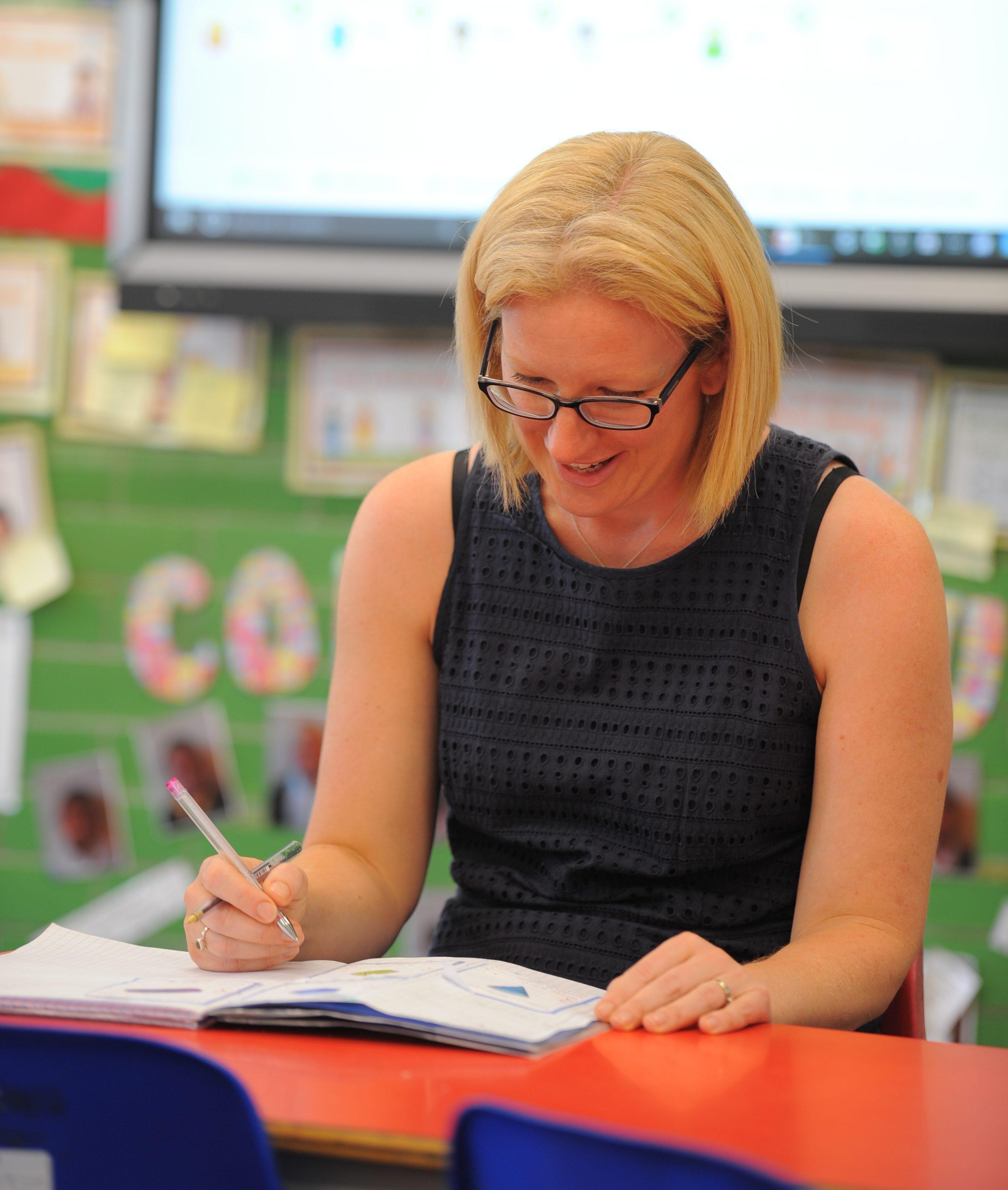
Changes to the SATs in 2015
Before 2016, success in SATs at KS2 was measured in levels rather than the current scaled score, so if you have children going through the SATs and you are noticing a difference, this may be why.
The newer tests were designed to ensure that there was only one set needed for each subject, and each test included a small number of questions which were specifically designed to test the most able pupils, therefore removing the need for the old level 6 tests.
Read more: 35 SATs Maths Questions And Answers With Worked Examples
Looking for help with SATs preparation?
If all of this information is beginning to sound a little daunting and you are worried about how your child will manage come SATs time, do not worry! We’ve been helping children to pass their SATs for many years and have lots of advice that’s worked well for the 50,000 children who’ve received our online maths tuition that’s targeted at the SATs. Take a look at our programmes for Year 2 SATs or Year 6 SATs to see if it would work.
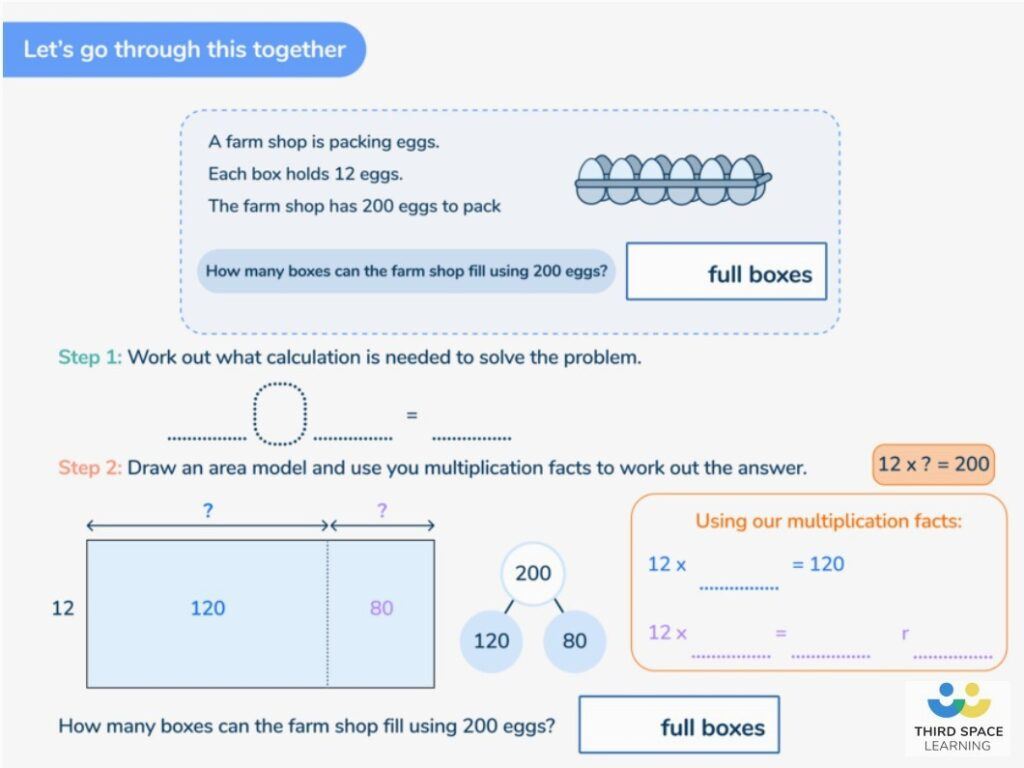
But in the meantime… here are our top tips and lots of further reading and resources to answer all your questions.
Read more: Free Year 6 Maths SATs Papers That Every Teacher Will Need
Top tips for SATs 2024
- A little bit of extra maths at home can help. In the maths SATs for example, the four operations (addition, multiplication, subtraction and division) are all bound to come up in some way, shape or form, and this means easy revision at home. Recommended reading: How to help with maths at home from Year 1 to Year 6.
- Try some practice SATs papers and SATs questions. These are all available from the Standards and Testing Agency / the Department for Education. When you run out of these, here are some specially created practice arithmetic and reasoning papers that are free to download. Find all your free SATs downloads and online SATs practice here.
- Reassure children that it’ll all be fine. It always is. In the run up to SATs, things can seem quite hectic to a young mind. Read our Mental Health and Wellbeing SATs guide for ideas on how to keep calm for SATs.
Tips for the KS2 Maths SATs 2024
After analysing the questions included in all 12 of the new Arithmetic and Reasoning KS2 SATs papers from 2016, 2017, 2018, and 2019, we’ve got a pretty good idea about what’s going to come up and what sorts of questions will be asked.
- Make sure you know the kinds of questions that are going to come up in both the Arithmetic and Reasoning papers
- Ensure your child has a solid foundation in the four operations, namely Multiplication, Division, Addition and Subtraction and can do the key steps mentally.
- Become familiar with the KS2 SATs vocabulary; you’ll be amazed how complex it can be. Do you know what a composite number, bodmas or an array is?
- Practise, practise, practise.
Read more
- KS2 SATs 2023: Maths Papers Question Breakdown
- KS2 SATs 2022: Maths Papers Question Breakdown
- The 29 SATs tips that you can use to help your child smash the SATs
- Year 6 Maths Toolkit: Step by Step to Success in SATs and Secondary
- Primary School Grades Explained: Attainment, Achievement and Progress
- The Best Year 6 SATs Practice Papers: Available As Free Downloads
DO YOU HAVE STUDENTS WHO NEED MORE SUPPORT IN MATHS?
Every week Third Space Learning’s specialist primary maths tutors support thousands of students across hundreds of schools with weekly online 1 to 1 maths lessons designed to plug gaps and boost progress.
Since 2013 these personalised one to one lessons have helped over 150,000 primary and secondary students become more confident, able mathematicians.
Learn how tutors encourage mathematical language or request a personalised quote for your school to speak to us about your school’s needs and how we can help.

